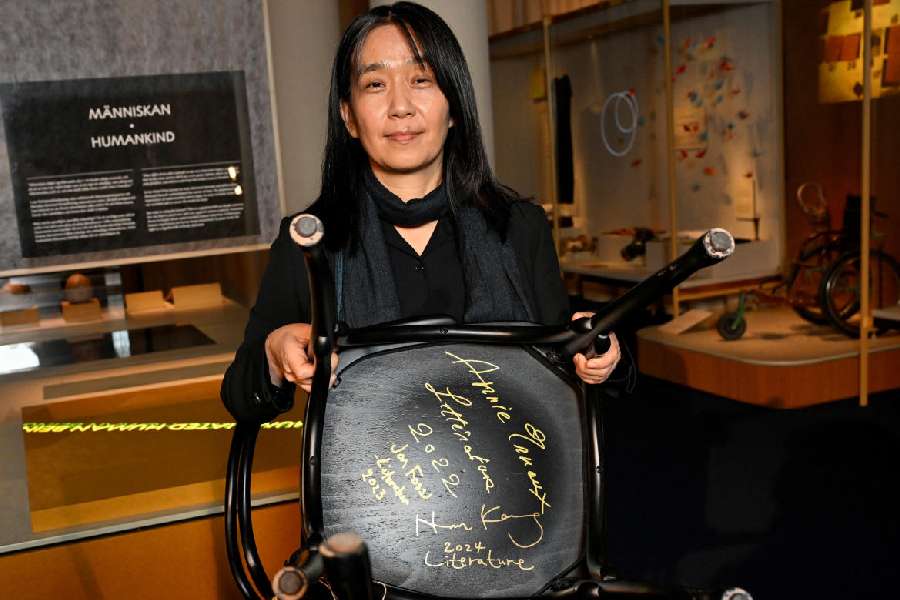The wound from where the soldier struck her is long gone, but Jang Sang-nam, 88, can still trace its outlines on her head.
“Here, with the butt of a rifle,” she says when asked where she was hurt while she was out looking for her son, reflexively taking her trembling, sinewy fingers to her right temple. “This eardrum was burst. I still can’t hear.”
Her injury was inflicted 44 years ago, when this ginkgo-tree-lined mid-size city in the southwest of South Korea erupted in a student-led uprising for democracy, a day after the military ruler declared nationwide martial law. Paratroopers stormed the city, Gwangju, and brutally beat, stabbed and indiscriminately fired upon throngs of citizens young and old. Hundreds were left dead or missing.
This week, when President Yoon Suk Yeol stood in front of the South Korean people and declared martial law for the first time since then, the outrage was deepest in Gwangju.
In the intervening decades, in a country whose modern history has been defined by rapid change and swift adaptation, Gwangju has sought to remember and be remembered for the bloodshed.
Human Acts, which depicts the uprising and its aftermath from the perspectives of six ordinary people who experienced it, is possibly one of the most intimate retellings.
In the original Korean text, the city that forms the backdrop is hardly mentioned by name, as if to invoke it would be too painful. “That city,” a couple of the characters call it. At times, it is referred to as “gohyang” (hometown), and sometimes, simply “there”.
Han, who was born in Gwangju in 1970, moved with her family to Seoul when she was 9 years old, just months before the uprising. Adults around her spoke of the atrocities in their home city in hushed voices. A few years later, she came across a book of photos of the violence that her father had hidden away, one of the ways that information about what happened was secretly circulating in the country.
In the novel’s epilogue, she writes that she came to recognise echoes of the tragedy in her hometown in wars, massacres and oppression around the world.
New York Times News Service










